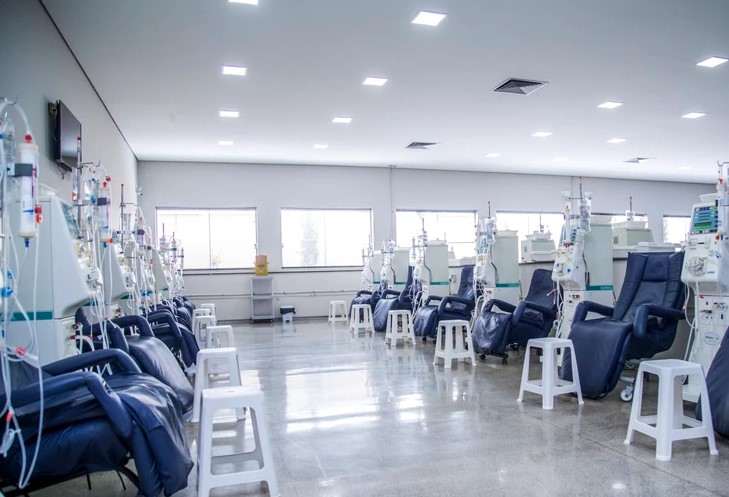Medicare Removes Important Protection for Dialysis Patients in Managed Care Plans
The Centers for Medicare & Medicaid Services (CMS) last week issued a regulation for Medicare Advantage (MA) plans that eliminates time and distance limits from network adequacy requirements for dialysis facilities. Network adequacy requirements for health plans ensure that patients can have access to all necessary providers with reasonable promptness. Time and distance limits prescribe a maximum driving time or distance in miles that a consumer must travel to get to a doctor or facility. The limits are higher in rural areas. CMS replaced the time and distance limits with another standard, a network “consistent with the prevailing community pattern [...]










